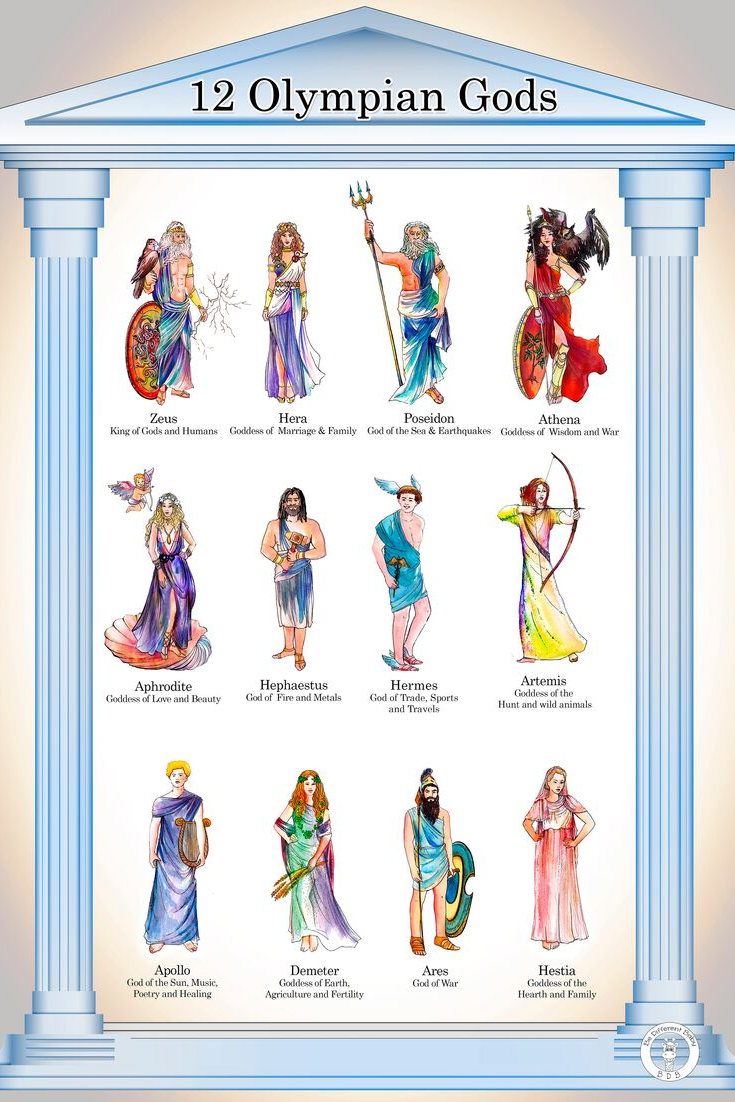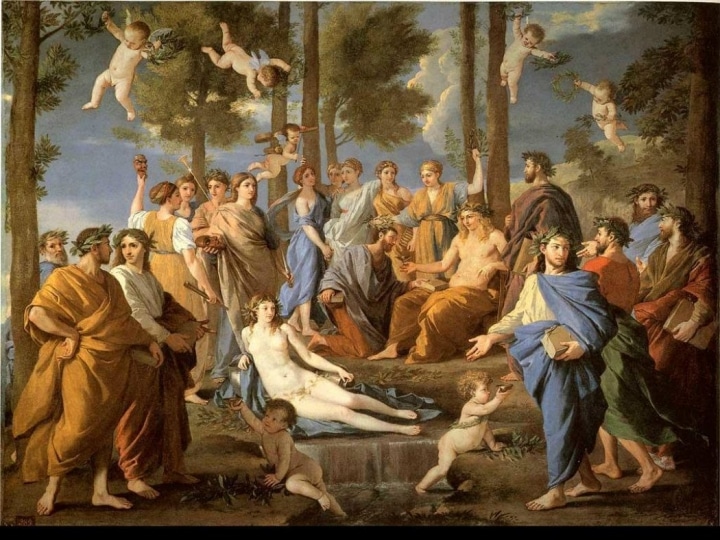
ADVERTISEMENT - CONTINUE READING BELOW
21. From the Outset, Revenge Was Big on the Greek Gods’ Agenda
In ancient Greek mythology, the gods were seen in anthropomorphic terms, and depicted as similar to humans in many aspects. Greek gods had human appetites and desires, and human emotions such as joy, sadness, lust, anger, jealousy, and wrath. Those human emotions often led to divine vengeance visited upon those who displeased the gods. Since they were gods and all, they were terrors to behold whenever they got mad. Both because of their godly powers, and because they were often unrestrained by morality and the social norms that apply to humans.

ADVERTISEMENT - CONTINUE READING BELOW
Unlike the divine powers in many or most modern religions, the ancient Greeks did not see their gods as infallible and always out to do good. Instead, the deities were viewed as flawed super beings who were quite fallible. All that humans could do was to endure their divine decisions, whether just or unjust – and Greek gods often acted unjustly. Greek deities were often depicted as sadistic bullies eager for an excuse to inflict punishment. Olympian gods – so named because they were believed to live atop Mount Olympus – might fly into a divine wrath at the slightest provocation and wreck some unfortunate. Their vengeance often took extreme forms, in order to let everybody know just who is boss.

